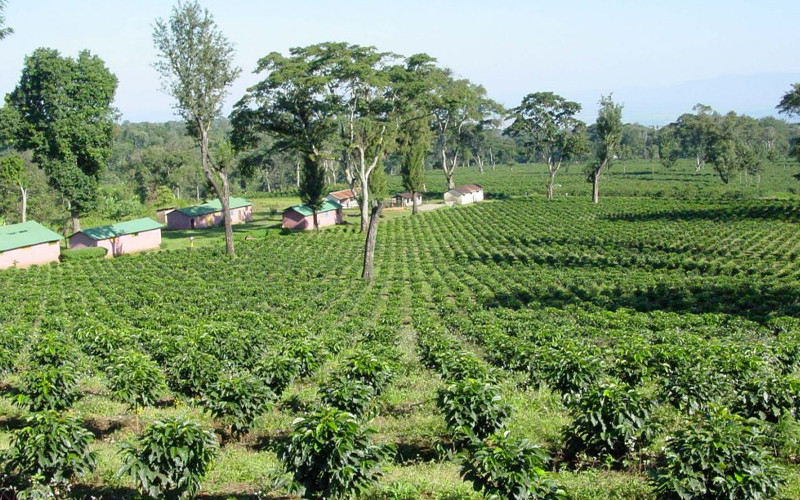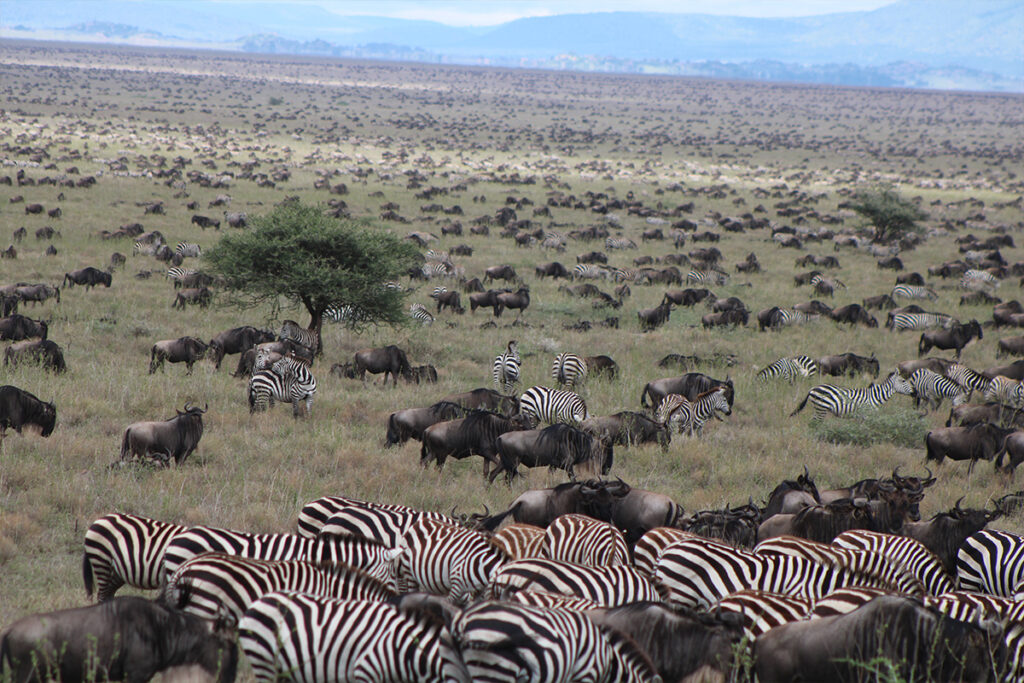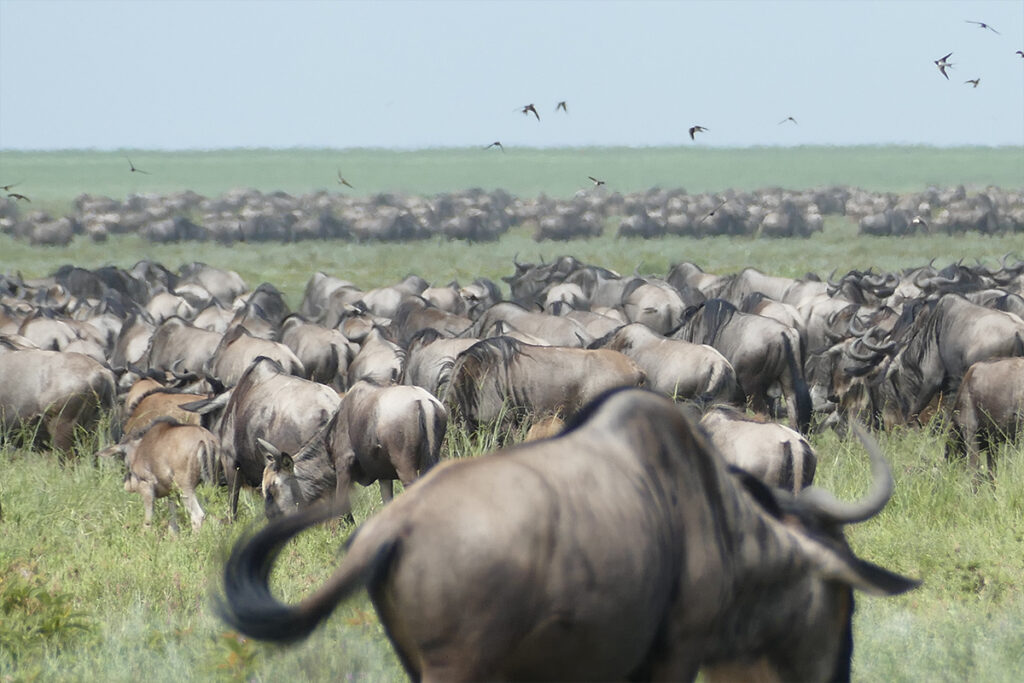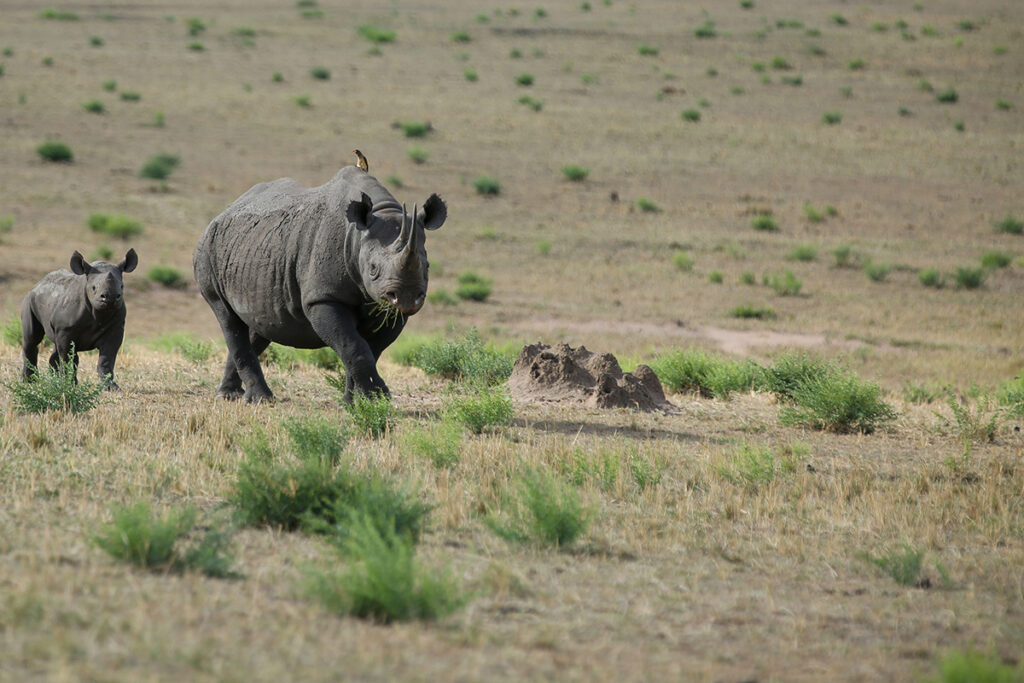Coffee Farm Tours Tanzania 2025
Have you ever wondered where your morning cup of coffee comes from? If you’re a coffee lover, there’s no better way to connect with your favorite drink than by visiting a coffee farm in Tanzania.
Tanzania is one of Africa’s top coffee producers, known for its rich, aromatic Arabica beans grown on the slopes of Mount Kilimanjaro, Mount Meru, and the Southern Highlands. A visit to these farms offers a chance to see the entire coffee-making process, from bean to cup, while experiencing the daily lives of local farmers.
This guide will take you through the best coffee farms in Tanzania, what to expect during a visit, and why Tanzanian coffee is so special.
The History of Coffee in Tanzania
Coffee has been an important part of Tanzania’s history for centuries.
- Introduced in the 16th century by traders from Ethiopia and Yemen.
- The Chagga people of Kilimanjaro were among the first to cultivate coffee.
- Today, Tanzania is known for high-quality Arabica and Robusta beans, with coffee being a major export product.
- Most Tanzanian coffee is organically grown, making it a favorite among specialty coffee lovers.
Where is Coffee Grown in Tanzania?
1. Mount Kilimanjaro & Arusha Region
- Best For: High-quality Arabica coffee, farm tours with scenic views
The foothills of Mount Kilimanjaro and Mount Meru provide perfect conditions for growing shade-grown Arabica coffee. The volcanic soil and high altitudes result in smooth, well-balanced coffee with fruity notes.
- Top Farms to Visit:
- Kahawa Shamba Coffee Tour (Kilimanjaro)
- Machare Estate (Kilimanjaro)
- Burka Coffee Estate (Arusha)
2. Mbeya & The Southern Highlands
- Best For: Small-scale organic coffee farms and rich, full-bodied flavors
Mbeya is one of Tanzania’s coffee capitals, producing some of the best Arabica beans in the country. This region is home to smallholder farmers who grow organic coffee using traditional methods.
- Top Farms to Visit:
- Utengule Coffee Estate (Mbeya)
- Lunji Coffee Farm (Mbeya)
- Iloma Coffee Group (Southern Highlands)
3. Tarime & Mara Region
- Best For: Unique Robusta coffee grown near the Serengeti
In northern Tanzania, near the Mara Region, farmers produce high-quality Robusta beans. While Robusta is typically known for its stronger, more bitter taste, Tanzania’s Robusta is smoother compared to other varieties.
- Top Farms to Visit:
- Tarime Coffee Farms
- Mara Coffee Project
The Coffee-Making Process: From Bean to Cup
Visiting a coffee farm in Tanzania allows you to experience the entire journey of coffee production. Here’s what you’ll see:
1. Planting & Growing
- Coffee trees take 3-4 years to start producing cherries.
- Farms use shade trees and natural fertilizers to maintain sustainability.
2. Harvesting (June – October)
- Ripe cherries are hand-picked by farmers.
- Only the best cherries are selected to ensure high-quality coffee.
3. Processing Methods
- Washed (Wet) Processing – Produces clean, bright flavors.
- Natural (Dry) Processing – Results in fruity, full-bodied coffee.
4. Drying & Milling
- Beans are sun-dried before being milled to remove the parchment layer.
5. Roasting & Grinding
- Beans are roasted at different temperatures to create light, medium, or dark roasts.
6. Brewing & Tasting
- At the end of the tour, visitors enjoy freshly brewed Tanzanian coffee.
Why Tanzanian Coffee is Unique
- Grown at High Elevations – Produces complex, flavorful beans.
- Volcanic Soil – Enriches coffee with natural minerals.
- Hand-Picked for Quality – Ensures only the best beans make it to your cup.
- Eco-Friendly & Organic – Many farms focus on sustainable practices.
What to Expect on a Coffee Farm Tour in Tanzania
- Guided Walks Through Coffee Plantations – Learn how coffee is grown and harvested.
- Hands-On Experience – Try picking and processing coffee beans yourself!
- Traditional Coffee Brewing – Experience “Kahawa Chungu” (bitter coffee), a local Tanzanian specialty.
- Meet Local Farmers – Hear stories from the people behind your coffee.
- Coffee Tasting – Enjoy different flavors and brewing styles.
Best Time to Visit Coffee Farms in Tanzania
- June – October: Best time to see coffee harvesting and processing.
- November – March: Great for experiencing lush coffee plantations and tasting freshly roasted beans.
Where to Buy Authentic Tanzanian Coffee?
If you fall in love with Tanzanian coffee, you can buy fresh beans from:
- Local Coffee Farms – Most farms sell freshly roasted coffee on-site.
- Shops in Arusha & Moshi – Visit markets like Arusha Coffee Lodge’s gift shop.
- Online Retailers – Some Tanzanian brands offer international shipping.
Visiting a coffee farm in Tanzania is an unforgettable experience for any coffee lover. You’ll gain a deep appreciation for the hard work behind every cup, learn about traditional farming methods, and enjoy some of the best coffee in Africa.
Whether you’re exploring Kilimanjaro’s highlands, Mbeya’s organic farms, or Tarime’s Robusta plantations, a coffee tour in Tanzania offers a perfect blend of adventure, culture, and flavor.
So next time you sip your morning coffee, remember—the journey of that bean might have started in the heart of Tanzania!
FAQs
1. Is Tanzanian coffee good?
Yes! Tanzanian coffee is known for its rich flavors, high-quality Arabica beans, and unique fruity notes.
2. How much does a coffee tour in Tanzania cost?
Coffee tours range from $20 to $100 per person, depending on the farm and tour package.
3. Can I bring Tanzanian coffee home?
Yes! Most farms sell packaged coffee, and you can take it home or buy from local markets.
4. What is the difference between Arabica and Robusta coffee?
Arabica coffee (grown in Kilimanjaro and Mbeya) is smoother and more flavorful, while Robusta coffee (grown in Mara) is stronger and has more caffeine.
5. Can I visit a coffee farm as part of a safari?
Absolutely! Many safari tours include a coffee farm visit in Arusha or Kilimanjaro before or after a wildlife adventure.
Discover Tanzania:
Your adventure starts here!




